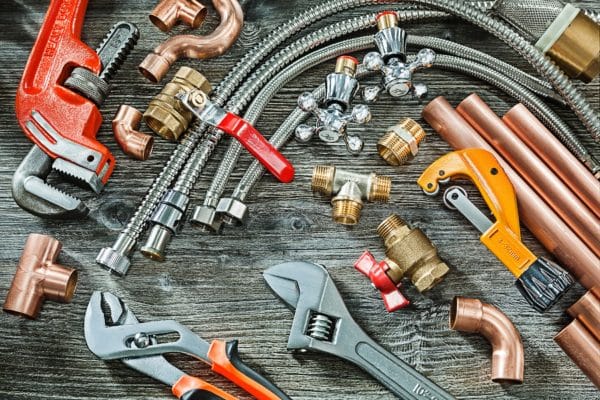The construction industry is facing a labor shortage, and plumbers are in high demand. If you’re a licensed plumber and want to start your own small business, here are the steps you, as a master plumber, need to take to get started.
1. Choose the services you’ll provide
The first step in starting your own successful plumbing business is to choose what services you’ll provide to your customers. Do you want to be a service plumber, answering calls for small repairs? Do you want to work on remodel projects? Or only new construction? Work on residential projects, commercial projects, or both? The type of work you choose will determine the plumbing equipment and tools you’ll need and how you will market your small business.
2. Make it legal
Start by selecting a business name for your plumbing company. Search the internet and social media to make sure that the business name isn’t already taken. Also, check what website domain names are available before you make a final decision.
Choose what type of business structure you want. Choices include sole proprietor, S corporation, C corporation, limited liability company, or a partnership. If you’re not sure, consult with an attorney or CPA to determine the best business structure.
Now you as a plumbing contractor can apply for a federal tax ID number or employer identification number. You’ll use this number when opening a bank account and hiring employees. Go to the IRS website and apply for free. You’ll also need to register your company with your home state through their Secretary of State’s website.
Once you have all your registrations complete, you are ready to open a bank account for your successful plumbing business. You’ll also want to choose financial software to track your business finances. There are low-cost and free options available, so do your research.
Some states require plumbers and plumbing companies to be registered as a contractor. In addition, plumbers often must get separate trade licensing. Make sure you know the laws in your state and register accordingly.
As a plumbing contractor, you will need to purchase business insurance. The most basic coverage is general liability insurance, which protects your plumbing firm from losses caused by your work. If you have employees, you’ll also need workers’ compensation insurance. And if you will be purchasing a vehicle for your business, you’ll need commercial auto insurance.
3. Get the plumbing equipment and tools you’ll need
If you don’t already own hand tools, you’ll need to invest in them. You can fund this with your own money or apply for a business loan. You may also want to purchase a truck or van to get to your jobs and haul your tools. You don’t have to get something spendy; buy what you can afford and upgrade it later.
4. Market your business
These days almost all businesses need an internet presence. A website domain isn’t expensive to buy, and you can create your own simple website with the free tools most hosting companies provide. You’ll also want to get your plumbing service company on social media. As a plumbing business owner, you can create a profile for free and post content about your new venture. Traditional construction marketing ideas include flyers and business cards, they can also be used to spread the word about your plumbing franchise..
5. Find work
As a licensed plumber, you can work for individual clients as a plumbing industry contractor or work as a subcontractor for general contractors on all types of projects. To learn how to bid on plumbing jobs or find projects to bid on, you, as a skilled plumber, can use a variety of tools, including lead subcontractor bidding sites, like PlanHub, networking, and builders’ exchanges or contractor associations. Make sure that the plumbing work projects you bid on are a good fit for you and your company.
The key to a successful plumbing company is having a pipeline of new work on your schedule. To achieve this, you, as a skilled plumber, need always to be marketing and searching for new plumbing job projects. Lead sites like PlanHub can help you find new construction projects that suit your skills and expertise. To see a demonstration of how PlanHub can help your plumbing firm succeed, contact us today.




